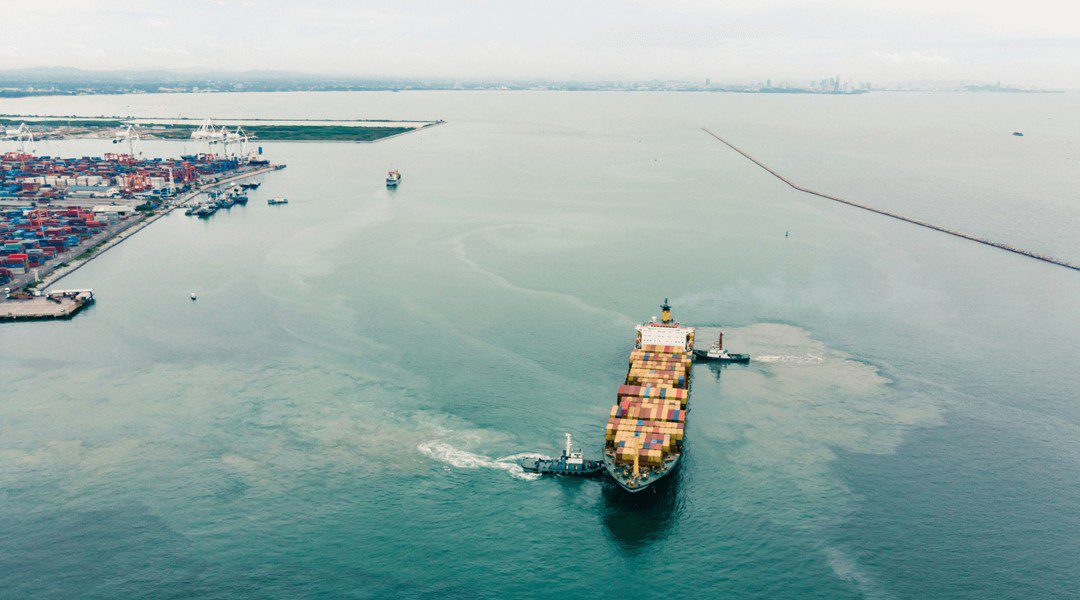China’s Shanghai International Energy Exchange, or INE, said June 24 it would allow Iraqi crude Basrah Medium and Brazil’s Tupi for physical delivery against its existing crude futures contract, while removing Yemen’s Masila grade from the deliverable crude basket, effective immediately.
The move brings to nine the number of crudes allowed to be delivered against the country’s solo crude futures contract. The existing seven grades are Dubai, Upper Zakum, Oman, Qatar Marine, Murban, Basrah Light and Shengli.
This is the second time the exchange has adjusted the crude grades in the basket for CFR delivery since its launch in March 2018. The first time was in December 2020 when INE added the UAE’s Murban for delivery from June 1, 2021.
“It’s necessary to include Basrah Medium into the package as Basrah Light deliveries slip, while including Tupi could also draw the interest from independent refineries,” said a Beijing-based analyst.
However, independent refineries, most of which are concentrated in eastern Shandong province, have recently switched to cheap Russian crudes, as well as Iranian or Venezuelan grades, which were all traded at heavy discounts. Only a few independent refineries are still buying Tupi as feedstock as it is too expensive compared to the deeply discounted crudes.
Also, China’s state oil companies are buying more medium sour Urals crude from Russia, denting demand for most Middle East crudes like Basrah Medium, sources said.
Differentials
INE also sets a premium of Yuan 10/b ($/b) for Tupi crude against the medium sour crude contract, and a discount of Yuan 10/b for Basrah Medium, according to the statement on the exchange’s website.
The exchange requires Basrah Medium for delivery to be loaded from Basrah Oil Terminal or SPM in Iraq, while Tupi loaded from Brazilian ports Angra Dos Reis, Port Acu, STS Santos, STS Sao Paolo, Sao Sebastian and FPSO, as well as La Paloma in Uruguay, is acceptable.
Both grades can be applied for standard warrants issuance and futures delivery from Nov. 1, 2022, INE said.
Tupi has an API of 28 degrees with a sulfur content of 0.8%, while Basrah Medium has an API of 26 degrees and sulfur of 4%.
Due to the high sulfur content, Basrah Medium is mostly cracked by comprehensive refineries, like those run by Sinopec or PetroChina, while Tupi can also be used by the country’s independent refineries, sources said.
INE’s futures contract is China’s first futures contract allowing international investors to participate, which is priced in yuan and allows physical delivery into China’s bonded zones.






